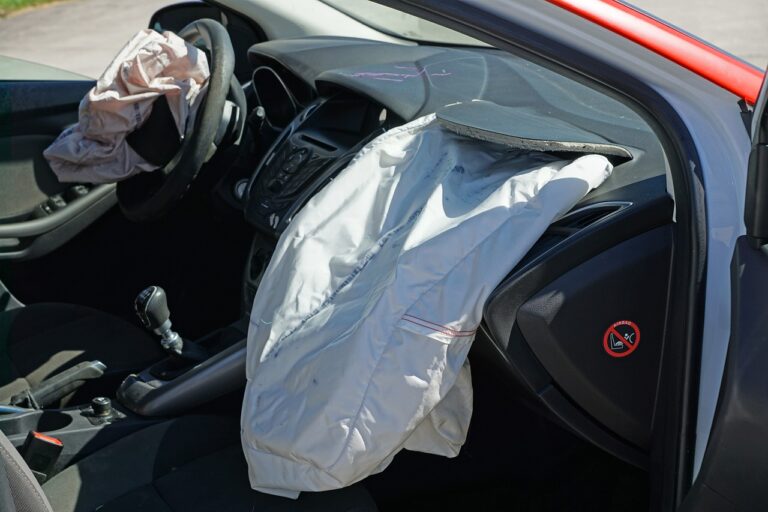Trampolines can be such a fun fixture of a family backyard. They allow children (and even parents sometimes) to get exercise and can be a big hit at birthday parties. Trampolines are also a much cheaper option than expensive playground equipment that can run into the thousands. But, unfortunately, trampolines can also be dangerous. According to a study published by the Indiana University School of Medicine, trampoline injuries have led to 288,876 fractures and $1 billion in emergency room visits between 2002 and 2011.
So, what does this mean for you as a homeowner? What do you do if your child has been injured on a trampoline at another person’s home?
Let’s go over everything you need to know about trampoline injuries at home and what legal ramifications there may be.
WHAT CAN GO WRONG ON A TRAMPOLINE
When trampolines are used inappropriately or carelessly, they can cause anywhere from minor to major, life-threatening injuries. Some common injuries caused by a trampoline include:
- Knee injury
- Neck injury
- Back injury
- Foot, ankle, or leg injury
- Brain injury
- Spinal cord injury
- Concussion
The most common causes of trampoline injuries are when one child collides with another on the trampoline, when children attempt daring flips, when jumpers fall off the trampoline or fall into the springs or metal frames that are on the trampoline, or when a jumper lands on the trampoline when someone else is bouncing off (which creates a bouncy surface that can cause sprains or broken bones).
Because of all the dangers they pose, the American Academy of Pediatrics strongly suggests that you do not have a trampoline at home.
TRAMPOLINES AND HOMEOWNERS INSURANCE
If you own a trampoline, you might want to check and see if your homeowner’s insurance policy covers injuries that happen on your trampoline. If they refuse to cover it or it just isn’t covered under their policy, you should talk to your policyholder to see what you need to do to make sure it’s fully covered so that you can protect yourself against injuries and personal injury lawsuits. In some cases, they will cover it if you put a fence surrounding the trampoline that has a self-closing, self-latching gate. If safety requirements put forth by the insurer aren’t met, you may be subject to getting your policy canceled.
No matter what, always encourage safe use of a trampoline and don’t allow more than a few people on at a time to prevent injuries.
Have you or your child been injured on someone else’s trampoline in Georgia? You could potentially be awarded compensation for medical bills due to the injury. Click here for more information about the Randy Fry team, personal injury attorneys.




